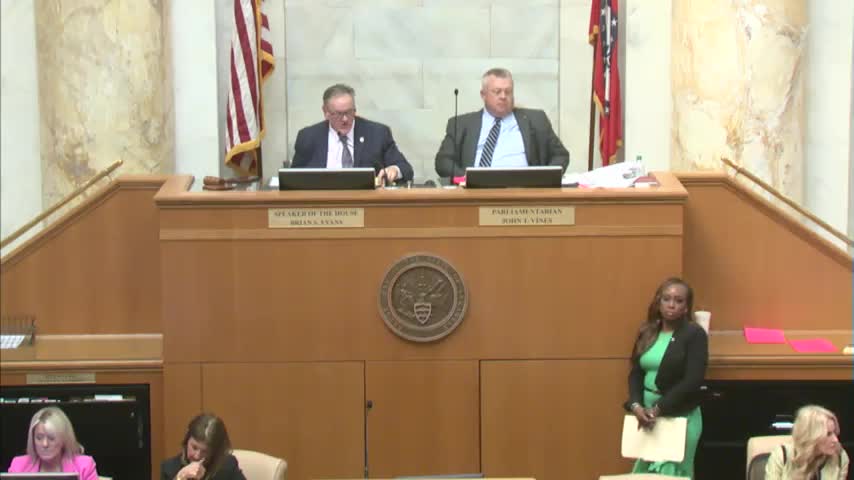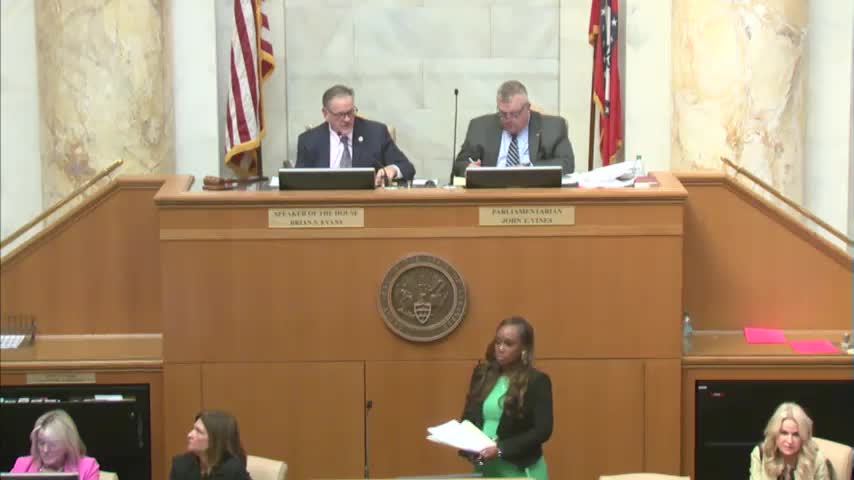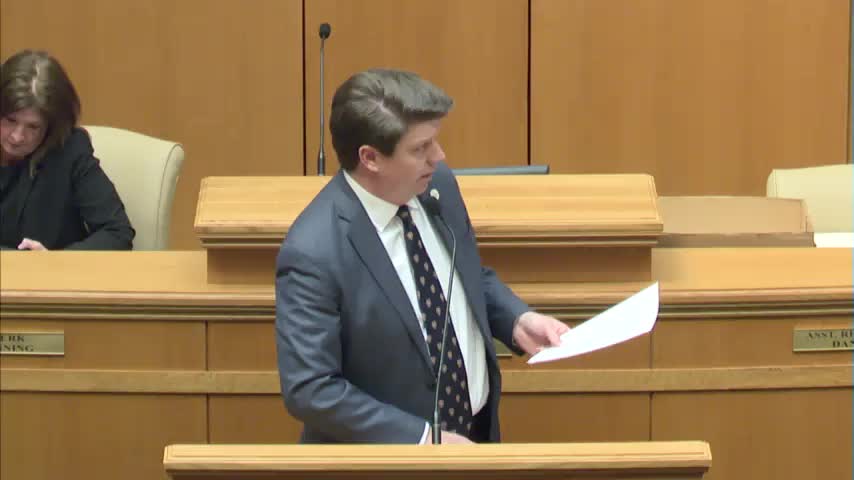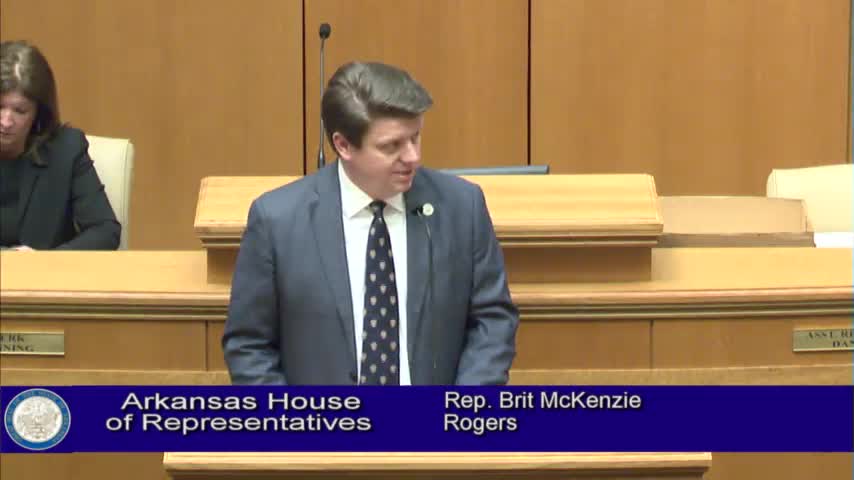Article not found
This article is no longer available. But don't worry—we've gathered other articles that discuss the same topic.

House floor: brief actions and bill readings include 811 membership and other measures

House approves plan to create state captive insurer for school property; emergency clause attached

House passes bill to expand insurance coverage for post-mastectomy reconstruction options

